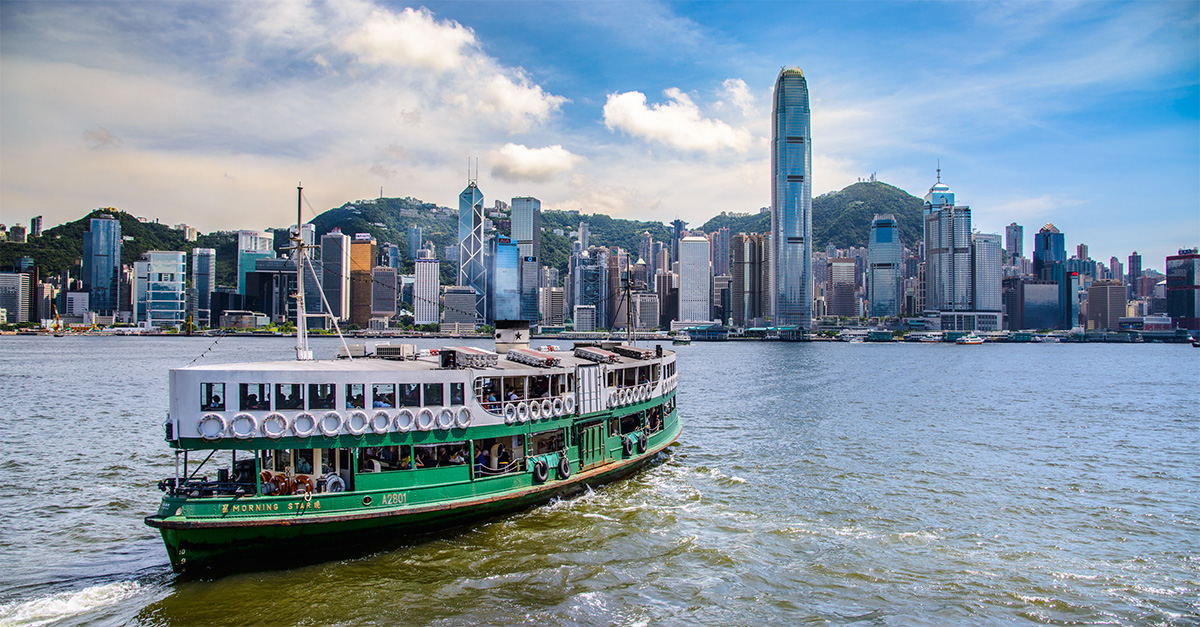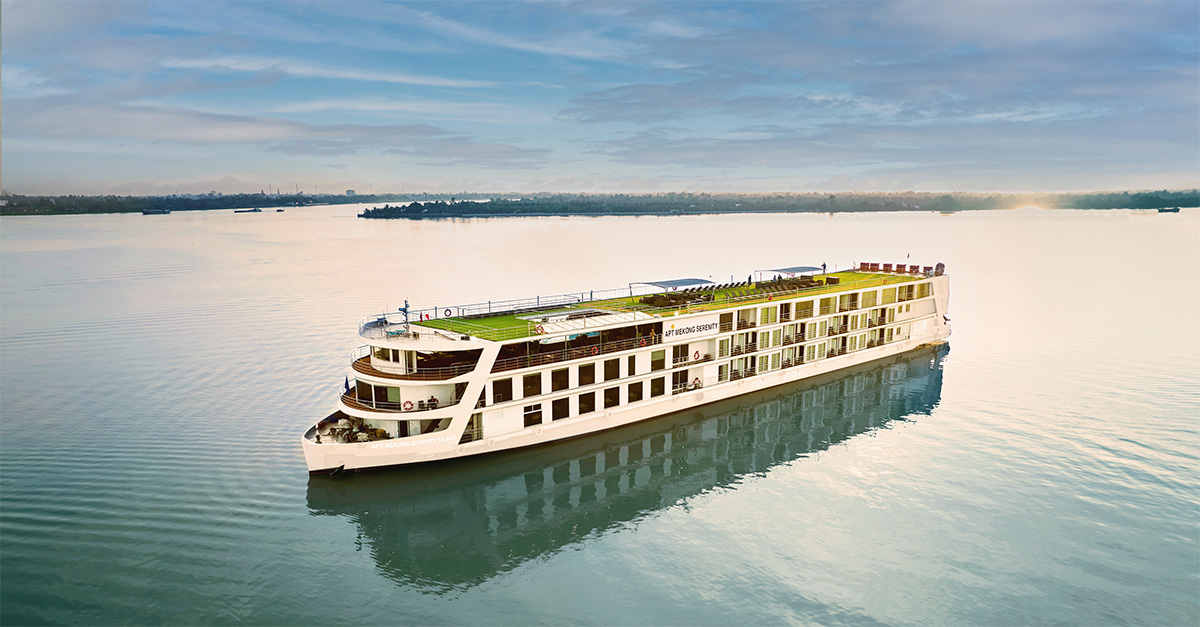It’s not easy being green, so pick a property that does it for you, says Katie McGonagle
Like this and want more details? Click here to download and save as a PDF.
Turn the clock back a decade or so and the very mention of recycling rubbish or keeping a compost heap in the back garden would have seen you written off as a tree-hugging hippy.
Fast-forward a few years, and being environmentally friendly is part of everyday life; we barely bat an eyelid at opting for energy-saving lightbulbs, offsetting our carbon footprints or growing our own vegetables.
As homes have been getting greener, hoteliers have been getting in on the act with all kinds of measures to show their property, big or small, is doing its bit to look after the planet. Admittedly, it might not rank as highly on customers’ criteria as the size of the swimming pool or the quality of the food, but choosing an eco-friendly hotel is an easy way to make a great holiday that little bit greener.
WATERWORLD
We’ve all seen notices politely asking us to reuse our towels, but that’s just the tip of the iceberg when it comes to cutting water waste. Sensatori Crete has devices in each room to control water flow, which helped the hotel cut water consumption by 44% between 2009 and 2011 – equivalent to 15 Olympic-sized swimming pools. The resort also favours indigenous plants in its gardens that don’t require much watering.
Despite being surrounded by the beautiful Indian Ocean, water use in Mauritius and the Maldives is a real issue. That’s why Lux Resorts doesn’t import mineral water, serving its own brand of water drawn from the ground or desalinated on-site. Jumeirah Dhevanafushi and Jumeirah Vittaveli in the Maldives also introduced water-bottling plants in September, meaning they can forgo shipping-in around 100,000 plastic bottles per year, instead serving desalinated water in recyclable glass bottles.
Reusing waste water is also increasingly popular, and it’s paying off for properties such as Riu Guanacaste in Costa Rica, where filtering soapy water from showers and basins for use in toilet tanks, halving the amount of water in each tank, and using purified waste water for irrigation has seen a 60% drop in consumption.
FOOD FOR THOUGHT
Sampling local ingredients is one of the joys of travelling, but it’s also a great way to reduce food miles. Grand Pineapple Beach Resort in Antigua grows its own herbs and vegetables, using them in everything from homemade Antiguan lemonade to minty mojitos. Closer to home, a third of the fruit and vegetables served at Aldemar Hotels in Crete and Rhodes are grown in on-site organic farms, plus around 85% of water is heated using solar power.
Taking this one step further, Sun International’s The Royal Livingstone in Zambia not only sources the vast majority of produce from local farmers’ markets, thereby providing vital income, but also has a worm farm producing organic fertiliser for surrounding farms, the profits from which are reinvested into other green initiatives in-resort.
BUILDING BLOCKS
As environmental awareness grows, new-build resorts are employing these principles from the start. Basecamp Kenya is known for its sustainable approach, which is why newest property Eagle View in the private Naboisho Conservancy not only pays guaranteed income to the 500 Maasai families who own the land, but was also built using recycled steel, sustainably sourced wood and other local materials.
The most recent addition to the Vivanta by Taj portfolio, Madikeri in Coorg, southwest India, follows similar principles: compressed bricks were made on-site from displaced soil, mud paints adorn the cottage walls, the cane artefacts dotted around were crafted by local tribes, plus only recycled roof tiles and wood were used. If that wasn’t enough, the hotel has also planted more than 40,000 trees over the past five years to neutralise the carbon footprint from construction work.
Hotel sustainability service Ecompter has also worked with 36 Best Western properties across Finland, Poland and the Baltic States over the past year to cut carbon footprints by up to 29%, while in the Caribbean, Sandals has partnered with the Panasonic Corporation to introduce energy-saving technology including solar power, starting with flagship Montego Bay in Jamaica.
CONSERVATION IS KEY
As well as on-site initiatives, many resorts extend environmental efforts to their surroundings. Peruvian group Inkaterra was founded with a commitment to preserving its natural environment and local communities. So it’s no surprise its achievements include research into the wildlife of the cloud forests around the historic sanctuary of Machu Picchu and Amazon rainforest at Tambopata; the restoration of five hectares of cloud forest at Inkaterra Machu Picchu Pueblo Hotel; and the creation of a rescue centre for endangered Andean bears.
Caribbean resort operator AMResorts also channels its efforts into protecting the endangered green ebony tree found only in this region at the Dominican Republic’s Ebano Verde scientific reserve, as well as inviting guests to help monitor and protect the sea turtles that visit local beaches to lay their eggs. Tobago’s Magdalena Grand Beach Resort is also engaged in this effort, working with local organisation Save Our Sea Turtles to ensure beachfront nests of native leatherback, hawksbill and green sea turtles are not disturbed, and dimming beachfront lighting to help hatchlings make their way to the sea.
A little fiercer, but equally in need of protection, is the shark, so 18-30s escorted tour operator Contiki has teamed up with conservation charity Sharksavers to encourage passengers travelling through Galapagos National Park to help identify and count shark sightings.
On a smaller but no less important scale, there’s been plenty of buzz surrounding the demise of the bee in recent years. That’s why Onyx Hospitality Group has devised ‘Plan Bee’ to combat the drop in the Asian honeybee population, with an urban beekeeping project at the Oriental Residence Bangkok and education for farmers around fellow property Shama Sukhumvit Bangkok.





